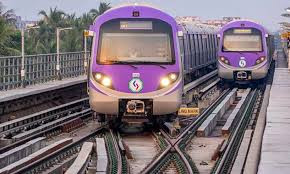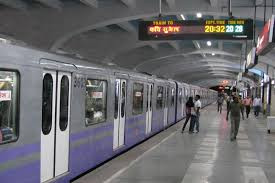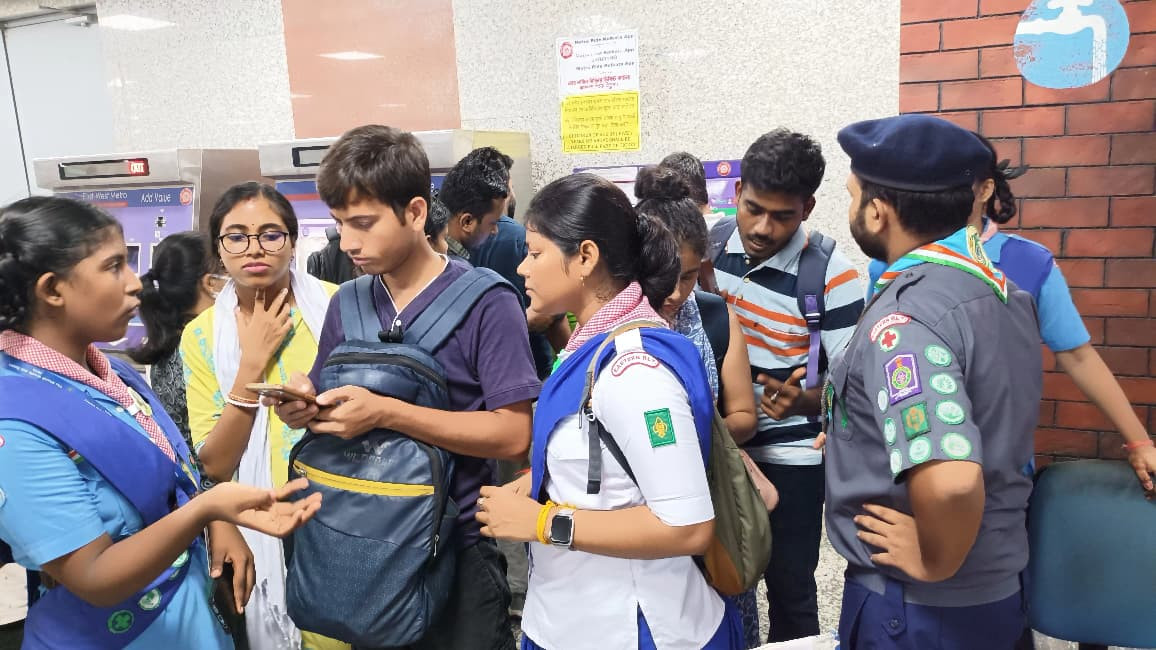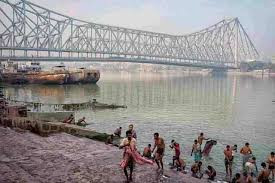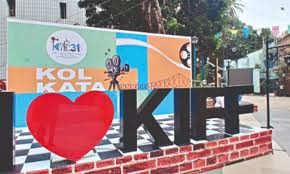Kolkata Municipal Corporation Makes Guest Parking Space Mandatory in New Residential Buildings

IIE DIGITAL DESK : Kolkata’s chronic parking woes, the Kolkata Municipal Corporation (KMC) is introducing a new rule mandating all new residential buildings to allocate dedicated parking spaces for guests. The initiative comes as part of the civic body’s broader vision to modernize urban infrastructure, reduce roadside congestion, and ensure greater convenience for residents and their visitors.
According to KMC officials, the regulation will initially apply to large housing projects — specifically those with a plot size of 5,000 square meters or more. These buildings will now be required to include a clearly demarcated area for guest car parking within the premises. Projects with over 100 flats or spanning 15,000 square meters will have to set aside at least 100 square meters of general space exclusively for visitor vehicle parking.
The proposal is part of a proposed amendment to the Kolkata Building Rules, 2009, and has already been sent to the state’s Urban Development and Municipal Affairs Department for approval. Once ratified, the rule is expected to become a standard requirement in the city’s real estate planning and development.
Currently, most residential complexes in the city allocate space only for residents’ parking. In many older buildings, notices explicitly state that no parking is allowed for visitors, forcing guests to park on narrow lanes or public roads, often leading to traffic congestion and inconvenience for local residents. The absence of visitor parking spaces has become a growing source of friction in residential neighborhoods and a public safety concern.
KMC’s move is being seen as a much-needed intervention to tackle these issues proactively. Civic officials emphasize that the new rule will not only improve parking arrangements but also enhance the safety and organization of urban neighborhoods. KMC engineers and planners have already held consultations with representatives from construction firms, structural engineers, and civil engineers to assess the feasibility of implementing the rule effectively.
While some developers have expressed concerns over additional construction costs and space planning, the civic body argues that the long-term benefits far outweigh the initial logistical challenges. According to KMC, ensuring guest parking within housing complexes can significantly decongest public roads, reduce illegal parking, and improve emergency service accessibility.
Moreover, officials hint that after successful implementation in new constructions, the civic body may also explore ways to encourage or mandate retrofitting guest parking solutions in existing large housing complexes.
The proposed change is also expected to bring Kolkata in line with global best practices in urban planning, where visitor-friendly infrastructure is integral to residential zoning policies.
As the proposal awaits final approval from the state government, real estate developers, urban planners, and residents are closely watching how the regulation will impact both new constructions and the future livability of Kolkata.
You might also like!






